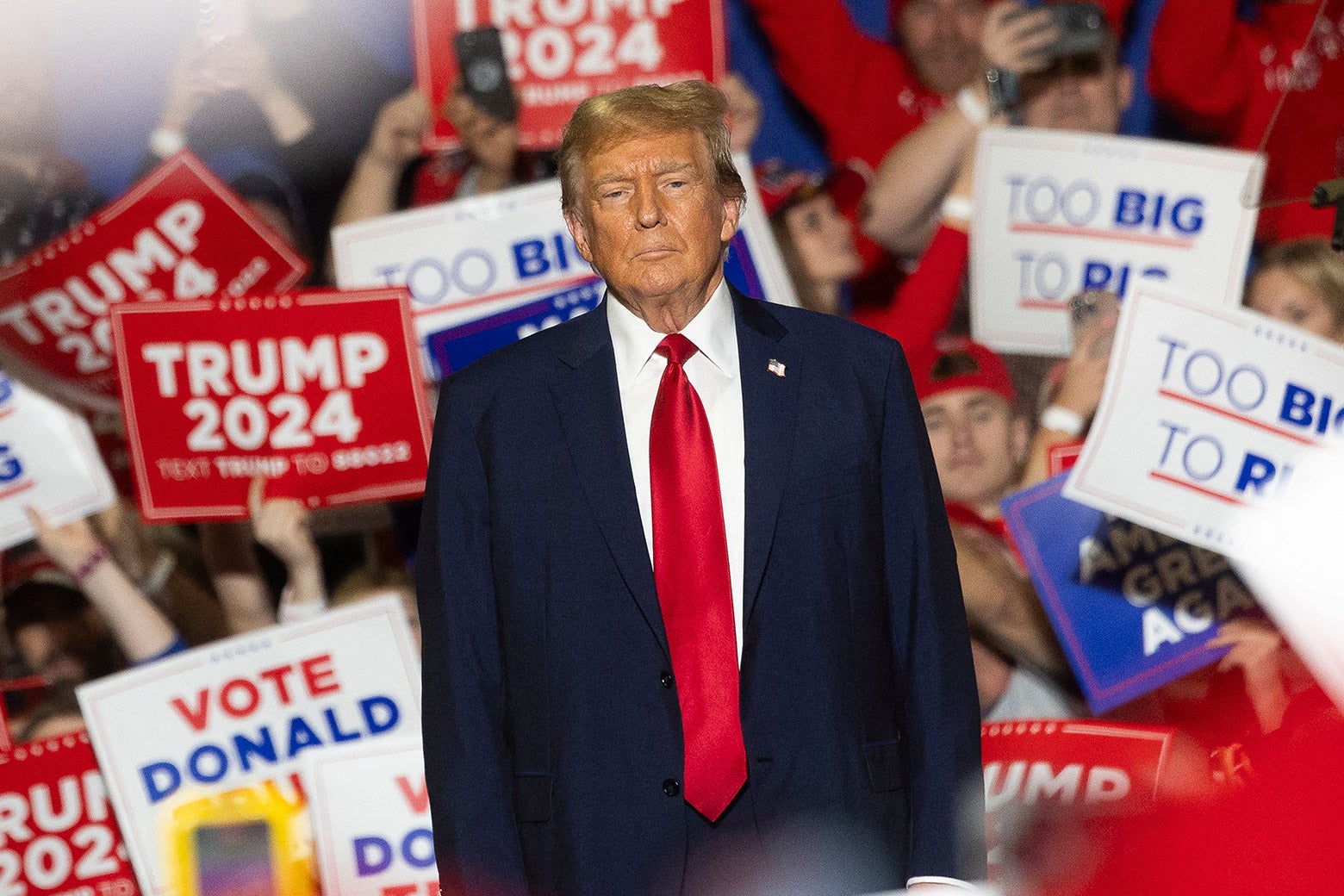18 U.S.C. §2383, the insurrection statute that has disqualification as a punishment, has been on the books since 1862 with AFAIK no one ever convicted.
Section 3 was added as an additional protection. If Congress passed a law saying that you have to be convicted under 18 U.S.C. §2383 to be disqualified, it would almost be as if Section 3 was never enacted.
Think about why Trump is unlikely to be tried, this year, for anything beyond business records falsification. Our prosecutors are used to preferring complex charges then bargained down. Proving at trial, in a reasonable time frame, that someone tried to overthrow the government, beyond a reasonable doubt, is very difficult due to the nature of such a conspiracy – even with strong evidence. And the strongest evidence – government actually overthrown – won’t ever be heard by a court, since, well, the government was overthrown (and rule of law is limited during full-scale civil war).
Being unqualified to run for office is not a crime. You don’t have to be convicted of being foreign born to be disqualified for the presidency, and (unlike in the Obama case) there can be borderline cases with legitimate disputes (McCain, Cruz) where law professors disagree. Requiring a nearly impossible to get felony conviction takes too much time for Section 3 use, and makes no sense for other qualification cases.
I argued that myself, but changed my mind. If the price of stopping a real insurrectionist like Trump was that, twenty years down the road, a Democratic politician was unfairly kept off a ballot, that’s a shame. But someone else, with similar views, and very possibly more electable, would likely then be nominated.
Question: Would a federal judge swearing in Donald Trump violate their oath of office? Yes, and, now, respect for democracy requires that one of them does it!
